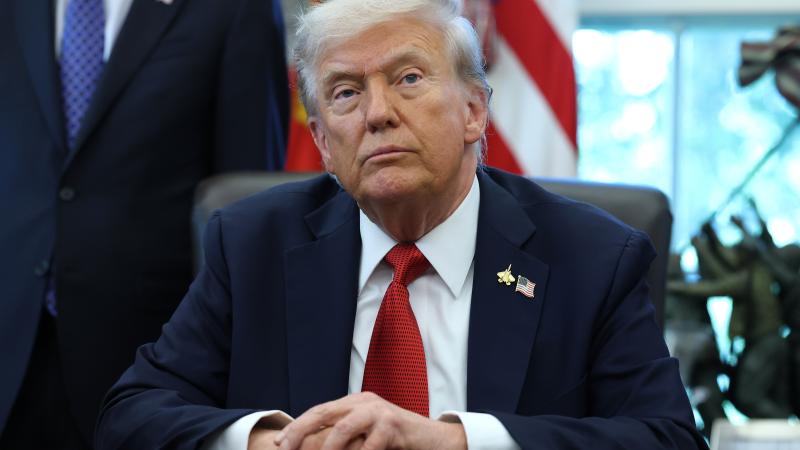Two Chinese nationals arrested for illegally shipping AI microchips to China: DOJ
The defendants are charged with violating the Export Control Reform Act, a felony that carries a statutory maximum sentence of 20 years in federal prison
Two Chinese nationals have been arrested in connection with illegally shipping AI microchips to China, according to the Justice Department.
Chuan Geng, 28, of Pasadena, Calif., and Shiwei Yang, 28, of El Monte, Calif., allegedly exported to China tens of millions of dollars’ worth of sensitive microchips used in AI apps, the U.S. Attorney's Office for the Central District of California announced Tuesday.
Geng is a lawful permanent resident and Yang is an illegal immigrant who overstayed her visa.
They are charged with violating the Export Control Reform Act, a felony that carries a statutory maximum sentence of 20 years in federal prison. They were taken into custody on Saturday.
From October 2022 to July 2025, Geng and Yang allegedly knowingly and willfully exported from the U.S. to China the “most powerful [graphic processing unit] chip on the market,” which is “designed specifically for AI applications,” such as “to develop self-driving cars, medical diagnosis systems, and other AI-powered applications,” according to the criminal complaint.
The defendants allegedly exported the sensitive technology through their El Monte-based company, ALX Solutions Inc., without first obtaining the required license or authorization from the Commerce Department. The company was founded shortly after the department began requiring licenses for the advanced microchips that the defendants allegedly illegally exported, per the complaint.
A shipment from Dec. 2024 and at least 20 before that by ALX Solutions involved exports from the U.S. to shipping and freight-forwarding companies in Singapore and Malaysia, which are commonly used to conceal illegal shipments to China.
While ALX Solutions did not receive payments from the entities to which they purportedly exported goods, the company received numerous payments from companies based in Hong Kong and China, including a $1 million payment from a China-based company in January 2024.















